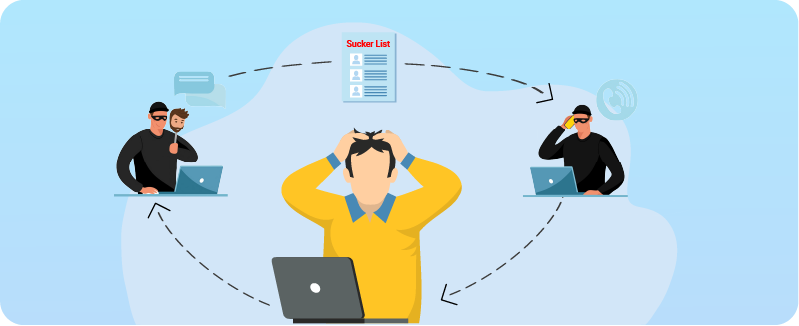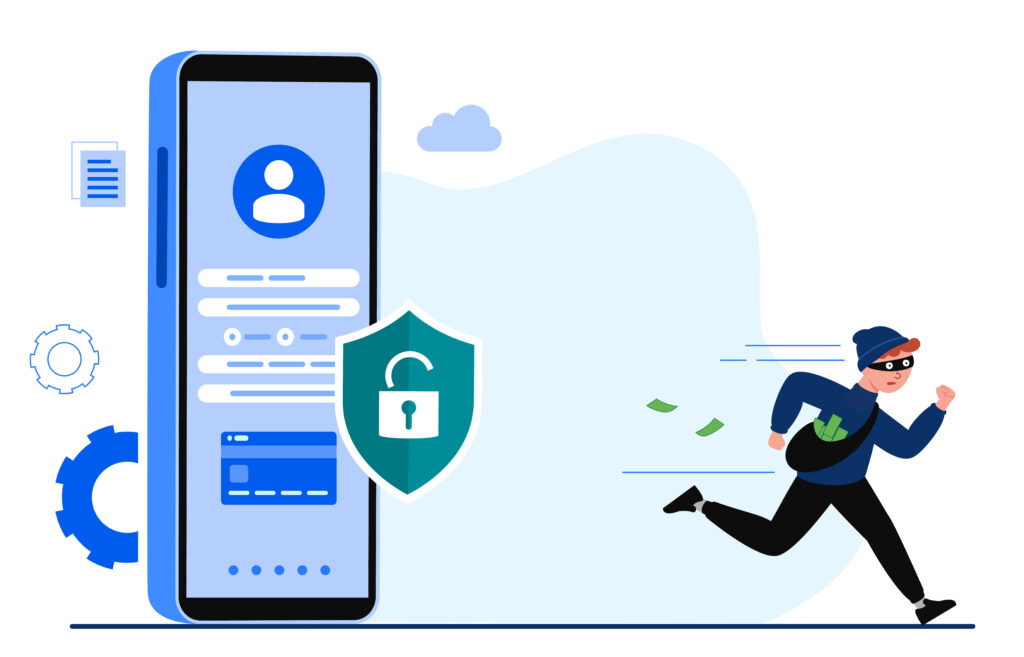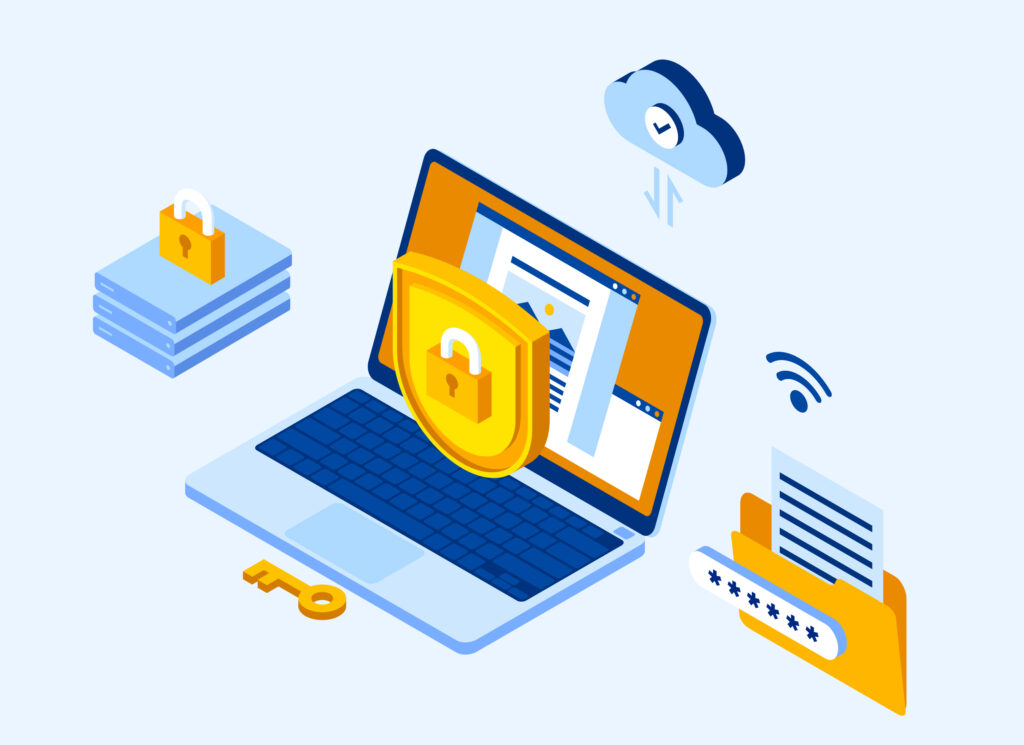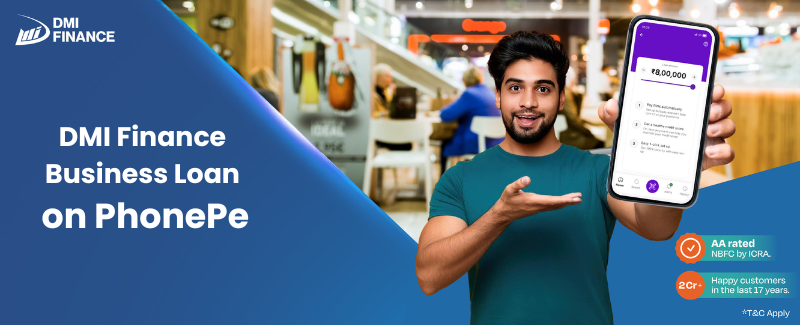- Published on: 22 Dec 2021
- Last updated on: 21 Oct 2025
- Post Views: 19271


Digital or ‘cashless’ transactions have become a common way of making payments. These instant payment methods, however, have also become the reason for many scams today. One such scam that has been doing the rounds is the ‘refund and recovery scam’, which targets people who have already lost money.
If you have ever unknowingly paid money to an organization or charity, only to know that it was a fake set up and that you were scammed, you could likely be contacted by a refund and recovery scammer in the future.
To begin, let us explain what refund and recovery scams are and how they operate. This will also help you understand the different ways in which scammers can dupe you and how you can protect yourself.
Scammers usually get in touch with customers who may have previously lost money due to fraud by promising to either help them recover lost money or refund stolen money for a minimal fee. This is how the customer is trapped and duped again.
Refund scams are typically those where customers have already been duped by a company or an organization and the scammer pretends to be a representative from the same company and claims that they can offer a refund for a certain fee.
A recovery scam is one where scammers pretend to be from an organization or government entity that can help customers who have been victims of a scam, recover their money for a small fee.
How do these scams work
Initial Scam
You have already been scammed. You may have given money to a fraud charity, paid for a fake prize, paid an advanced fee to a bogus company, or lost money to one of the many other ways scammers try to cheat you.

The ‘Sucker list’
Once you are scammed, your name, contact details, address, bank details, the kind of scam that you fell for, and the amount of money you paid to the first scammer is compiled and put under a list known as the ‘sucker list’. Scammers buy, sell, and exchange these lists to scam people who have been scammed once and are soft targets for being scammed again.
Recovery and refund scammers contact you
Scammers using this list contact you by phone, email, or online. They pretend to be representatives from a government agency, a law firm, a charity, or an organization that can help you recover your lost money for a small fee. Some even say they are from the fraud company that took your money, and they are giving refunds to dissatisfied customers. They may even claim to get your name at the top of a reimbursement list. Whatever they claim, it is a lie to gain your trust – and your money. Once Scammers feel they have gained your trust, they may ask for upfront money in the name of a “retainer fee,” “processing fee,” “administrative charge,” “tax,” or even a “donation” to a charity they name. Or, they may say they need your bank account details, to deposit a refund directly into your account. If you give them the requested fee or account information, your money will vanish. Remember, government agencies helping customers who have been victims of fraud do not charge any money. So, this brings us to the most important question: How to identify a refund or recovery scam?
It is unlikely for a genuine company to charge money upfront for a certain service
If you are contacted by a company representative, lawyer, or entity who assures you that they can help recover or refund the money lost but first require a payment or fee for the same, it is most likely a scammer.
Scammers ask for confidential or personal data
If the person asks for confidential information like bank account details, passwords, or PINs to process the request, it is likely to be a scammer.

Sometimes, even after being very careful, you can fall prey to such scams. In such cases, the important thing is to act quickly. The first step should be to take immediate action. For example, if card details were shared with the scammer, you should instantly contact the bank, inform them, and get the card blocked.
However, in most cases, all it takes is awareness and the right precautions to beware of such scammers! To remain updated about the different types of scams and how you can stay protected from them, keep following the DMI Finance Blog


